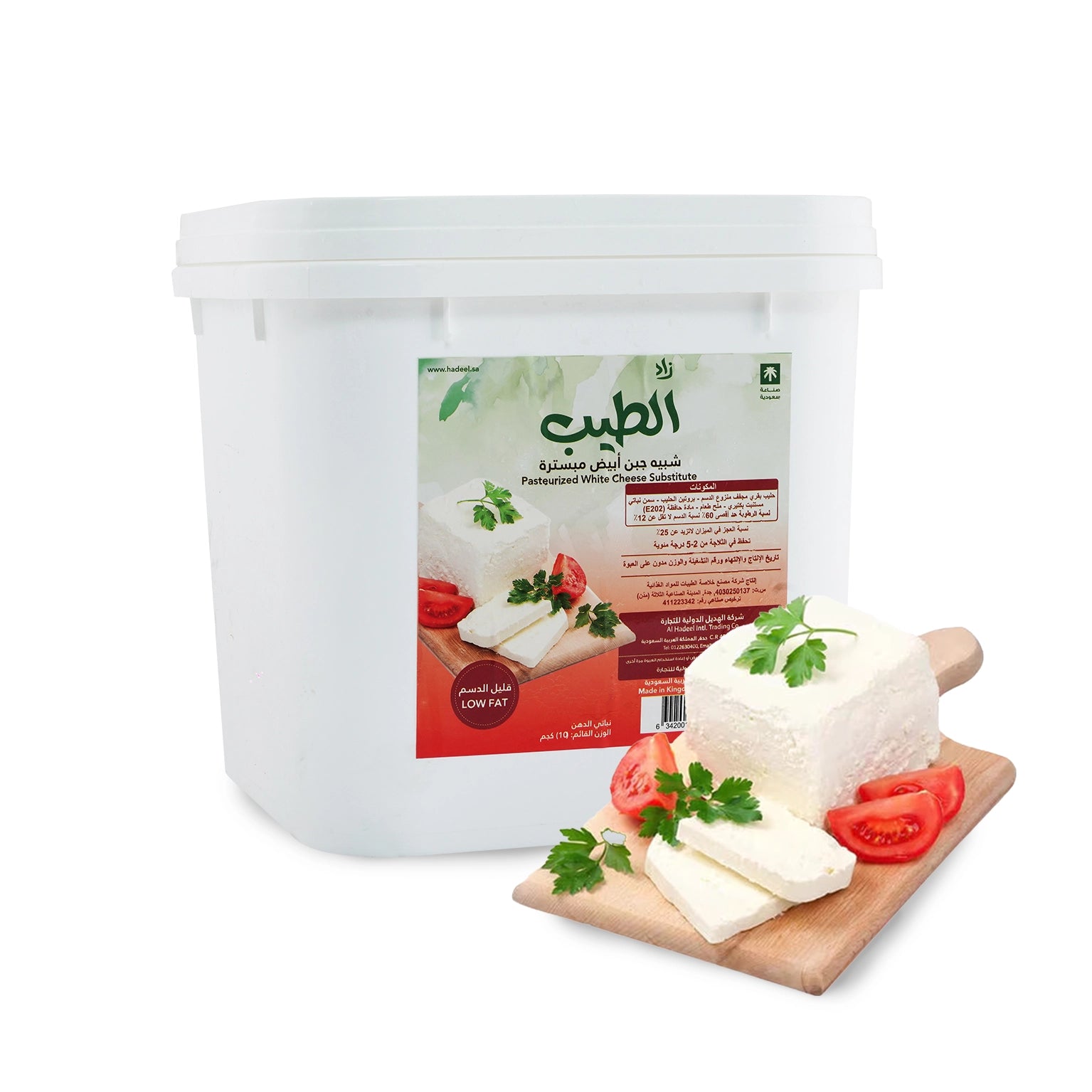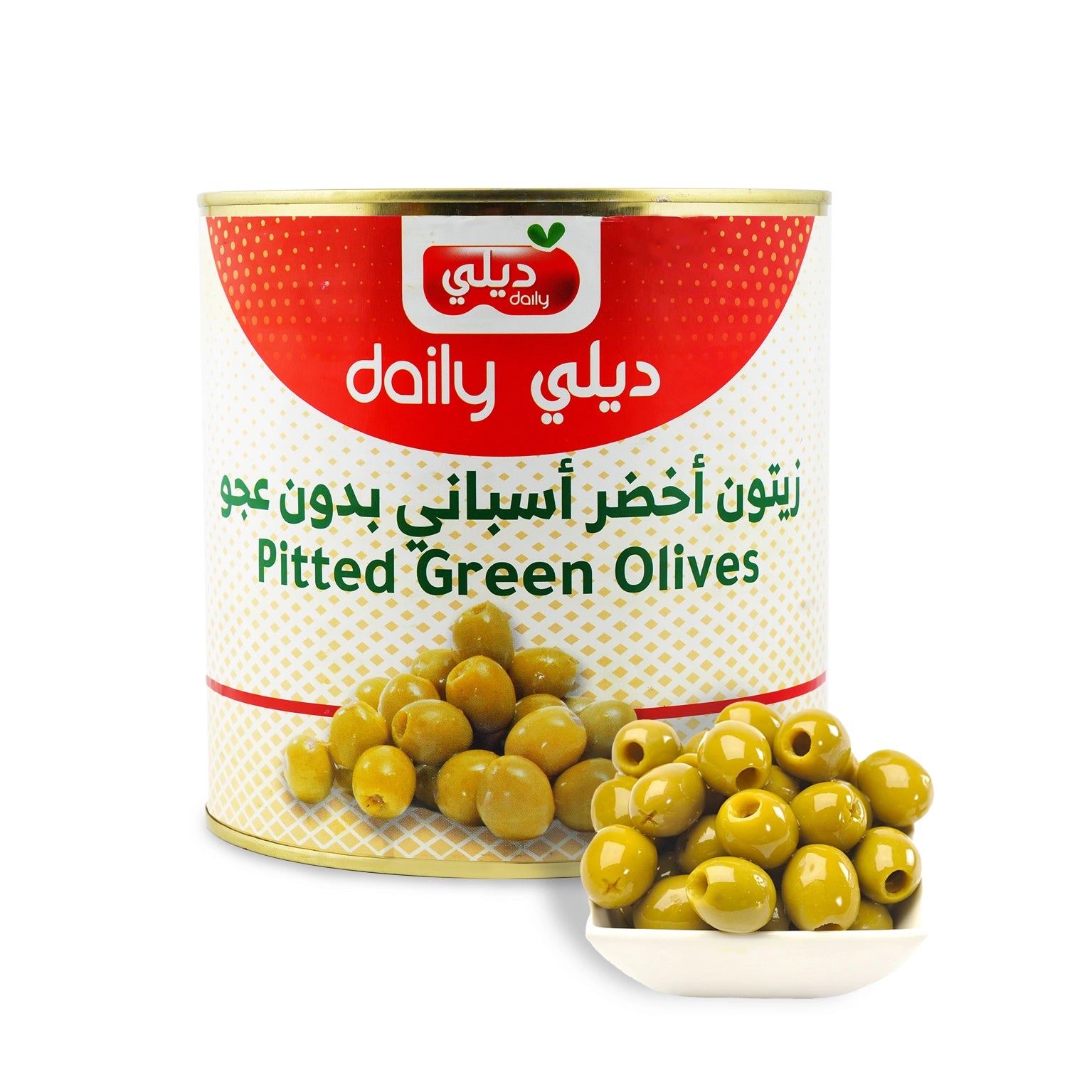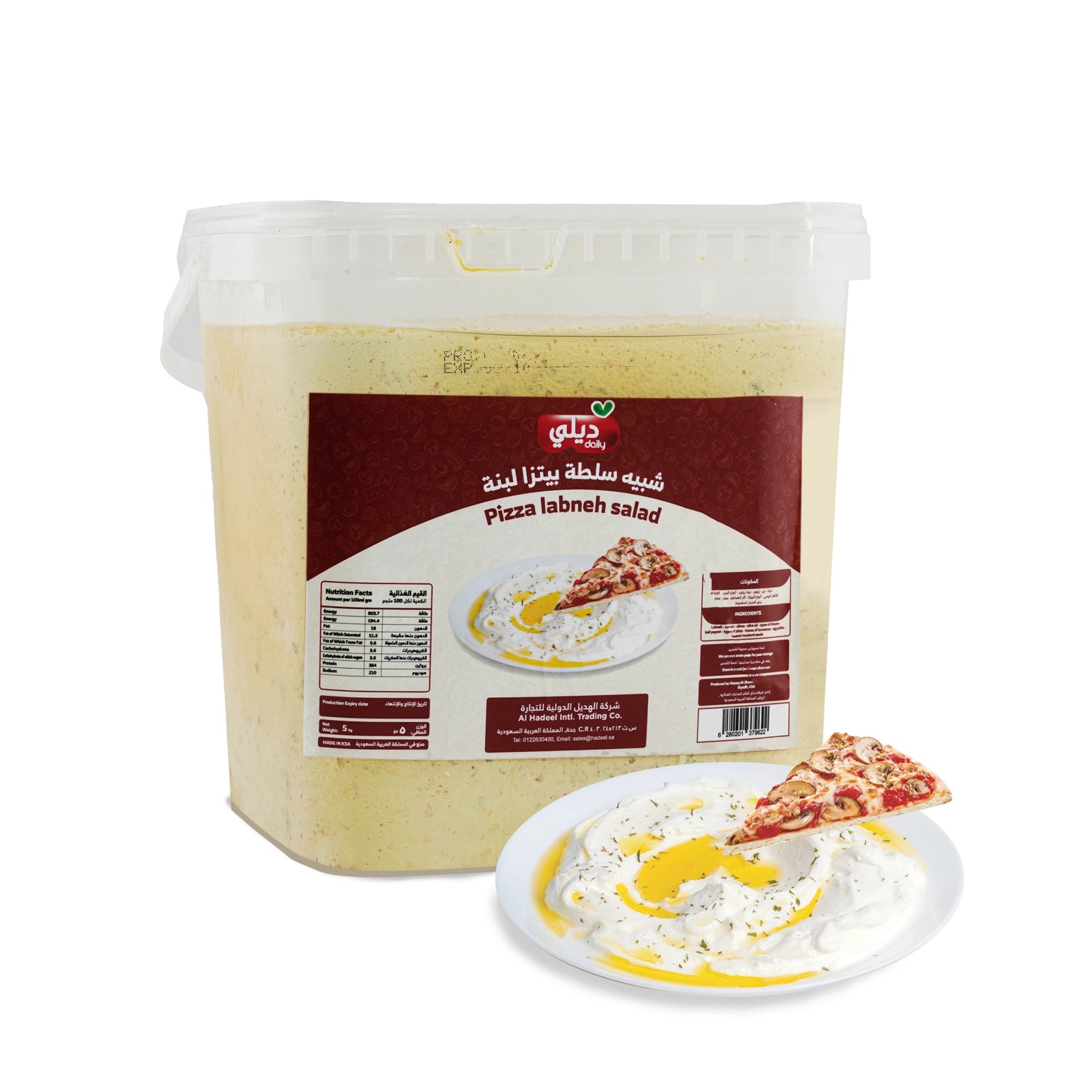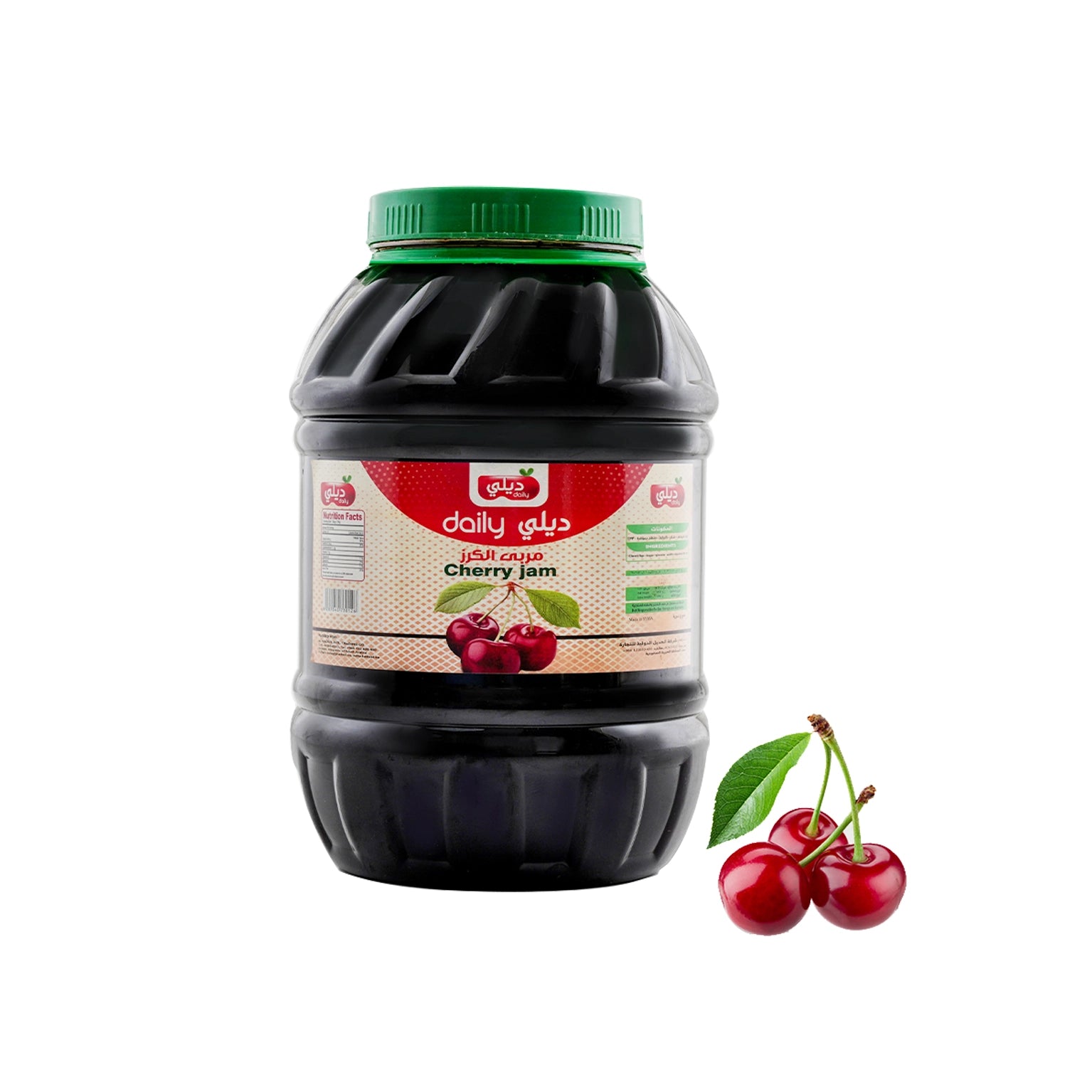
The Amazing Benefits of Cheese: A Delicious and Nutritious Addition to Your Diet
hadeel foodsCheese, with its rich taste and creamy texture, has been a staple in many cuisines around the world for centuries. Whether it's sprinkled on a pizza, melted in a sandwich, or served alongside fruits and wine, cheese adds a burst of flavor that is hard to resist. But did you know that cheese isn’t just delicious – it’s also packed with a variety of health benefits? Let's take a closer look at the many reasons why you should consider incorporating more cheese into your diet.
1. Rich Source of Protein
Cheese is an excellent source of high-quality protein, which is essential for muscle repair, growth, and maintaining a healthy immune system. Protein also helps you feel full for longer periods, aiding in weight management.
-
Fun Fact: A single ounce of cheese can contain about 7 grams of protein, which is roughly equivalent to a small serving of meat or beans.
2. Packed with Essential Nutrients
Cheese is loaded with several important nutrients, including calcium, phosphorus, and vitamins A and B12. Calcium is vital for healthy bones and teeth, while phosphorus supports energy production and cell repair. Vitamin B12 plays a crucial role in maintaining the nervous system.
-
Did You Know?: A slice of cheddar cheese contains around 20% of your daily calcium needs, making it a great addition to your bone health.
3. Promotes Gut Health
Certain types of cheese, particularly fermented varieties like yogurt cheese and kefir, contain probiotics. These beneficial bacteria help balance your gut microbiome, promoting better digestion and boosting your immune system.
-
Pro Tip: Look for cheeses labeled “live and active cultures,” such as Gouda, Swiss, or cheddar, to enjoy the benefits of probiotics.
4. Boosts Heart Health
While cheese is often associated with high fat content, it also contains heart-healthy monounsaturated and polyunsaturated fats. These fats, when consumed in moderation, may help reduce bad cholesterol levels and support overall cardiovascular health.
-
Healthy Choices: Opt for varieties like feta, ricotta, or goat cheese, which tend to have lower fat content compared to others like brie or cheddar.
5. Good for Bone Health
As mentioned earlier, cheese is a great source of calcium, which is essential for strong bones. Regular consumption of cheese, along with other calcium-rich foods, can help prevent conditions like osteoporosis and improve bone density as you age.
6. Helps with Weight Management
Despite its calorie density, cheese can be beneficial for weight management. The protein and fat content help you feel fuller for longer, reducing the chances of overeating or snacking throughout the day. When paired with a balanced diet, cheese can be part of a healthy weight loss or maintenance plan.
7. Supports Dental Health
Cheese has been shown to have protective benefits for teeth. Its high calcium content strengthens tooth enamel, while the act of chewing cheese stimulates saliva production, which helps neutralize acids in the mouth and prevent cavities.
Popular Types of Cheese to Try
Here are some cheese varieties you should add to your grocery list:
- Cheddar: Rich in calcium and protein, perfect for sandwiches and crackers.
- Feta: A crumbly, tangy cheese that's great in salads or Mediterranean dishes.
- Swiss: Known for its holes and mild flavor, it’s a good source of protein and vitamin B12.
- Mozzarella: Low in fat, high in protein – great for pizzas and salads.
-
Goat Cheese: A lighter option, great for spreads or salads.
Conclusion: Cheese in Moderation
While cheese offers many health benefits, it’s important to enjoy it in moderation. Due to its calorie density, it's best to incorporate cheese into a well-balanced diet alongside plenty of fruits, vegetables, whole grains, and lean proteins. So go ahead and savor that slice of cheese – your body will thank you!






